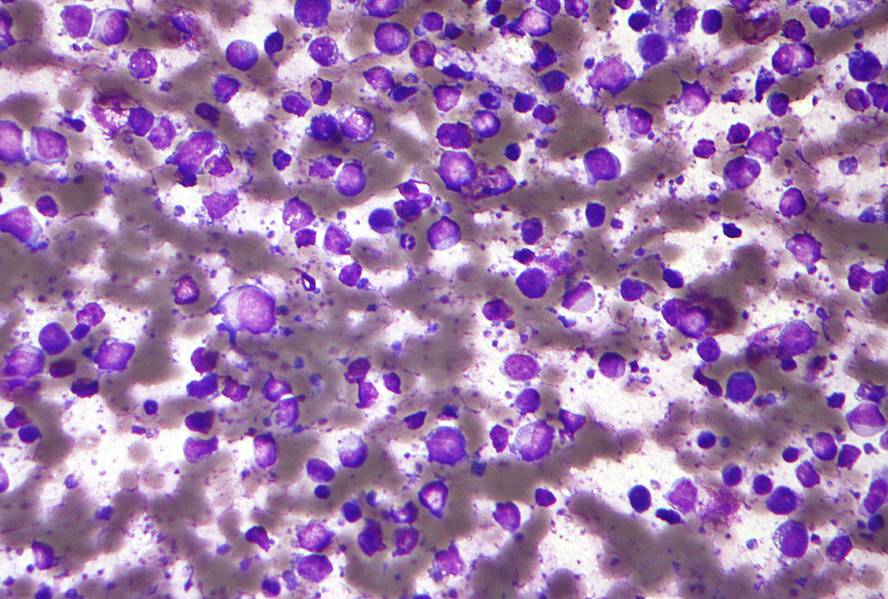Reprogram cells to treat leukemia and lymphoma

The CIMA of Navarre and a group of scientists of the CRG of Barcelona have achieved that the reprogramming of some lymphoma and leukemic cells has stopped being malignant. Reprogrammed cells have continued to be benign even after they stop applying treatment and have fewer chances of producing tumors. The results of the study were published in the journal Cell Reports.
Leukemia and lymphoma are two types of cancer in the blood cells. To treat these two diseases, chemotherapy, radiation therapy, and antibodies are mainly used to kill cancer cells. But many patients still do not heal with them.
“Our experiments show that cancer cells can be transdifferentiated (transformed) to obtain other cells similar to normal cells,” explains José A. Researchers from CIMA Martínez. This transformation took place in the cells of patients affected by leukemia and lymphoma that caused the expression of CEBPalpha at high level. “After 7-8 days we saw that the cells expressing this protein at high level had undergone morphological, phenotypic and molecular changes, adopting the form of macrophages. The macrophages divide very slowly and have very little invasive capacity,” added the CIMA researcher.
Although these cells were introduced into the immune mice, they became macrophages and the loss of tumor capacity of the cells. “We saw that many mice were cured,” said Martínez.
According to Martínez, with the research carried out “we have demonstrated a conceptual test, that is, we have shown that the cancer cells of the human being can be reprogrammed. Now we face two challenges: on the one hand, define the type of leukemia and lymphomas in which reprogramming can be carried out by expressing the protein CEBPalpha, and on the other, look for and identify molecules that activate the expression of this protein in order to use it with patients.”





